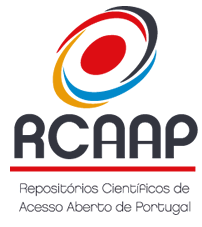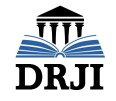Considerations about moral harassment as a contributory factor to depressive episodes at work: veiled violence and mental illness of workers
DOI:
https://doi.org/10.5433/1679-0383.2018v39n2p129Keywords:
Moral Harassment, Depressive episodes, Worker's health, People management.Abstract
Work is an important constituent element of the identity and subjectivity of the human being, whereas it can also participate in the processes of construction of physical or psychic suffering arise from demands that go beyond what an individual can perform in relation to its potentialities and limitations, especially if they occur in an environment with low quality of life at work. The present study, performed through a theme survey of the national literature, aimed to discuss the relationship of the moral harassment practiced in organizations with possible damages to the worker’s mental health, specifically the depressive episode. Based on the main scientific indexers (Scielo, BVS-Psi, PepsiCo and Google Scholar) and through the “moral harassment and depression” descriptors, with a chronologial delimitation to July 2018, we verified a significant amount of texts about moral harassment, as well as a lack of texts which correlate moral harassment and depressive episodes at work. Our final considerations point to the intimate relationship between moral harassment and psychic vulnerability in workers and, therefore, we propose some strategic actions for the performance of the area of People Management in organizations, aiming at preventing and combating the moral harassment.Downloads
Downloads
Published
How to Cite
Issue
Section
License
Semina: Ciências Sociais e Humanas adopts the CC-BY-NC license for its publications, the copyright being held by the author, in cases of republication we recommend that authors indicate first publication in this journal.
This license allows you to copy and redistribute the material in any medium or format, remix, transform and develop the material, as long as it is not for commercial purposes. And due credit must be given to the creator.
The opinions expressed by the authors of the articles are their sole responsibility.
The magazine reserves the right to make normative, orthographic and grammatical changes to the originals in order to maintain the cultured standard of the language and the credibility of the vehicle. However, it will respect the writing style of the authors. Changes, corrections or suggestions of a conceptual nature will be sent to the authors when necessary.



















